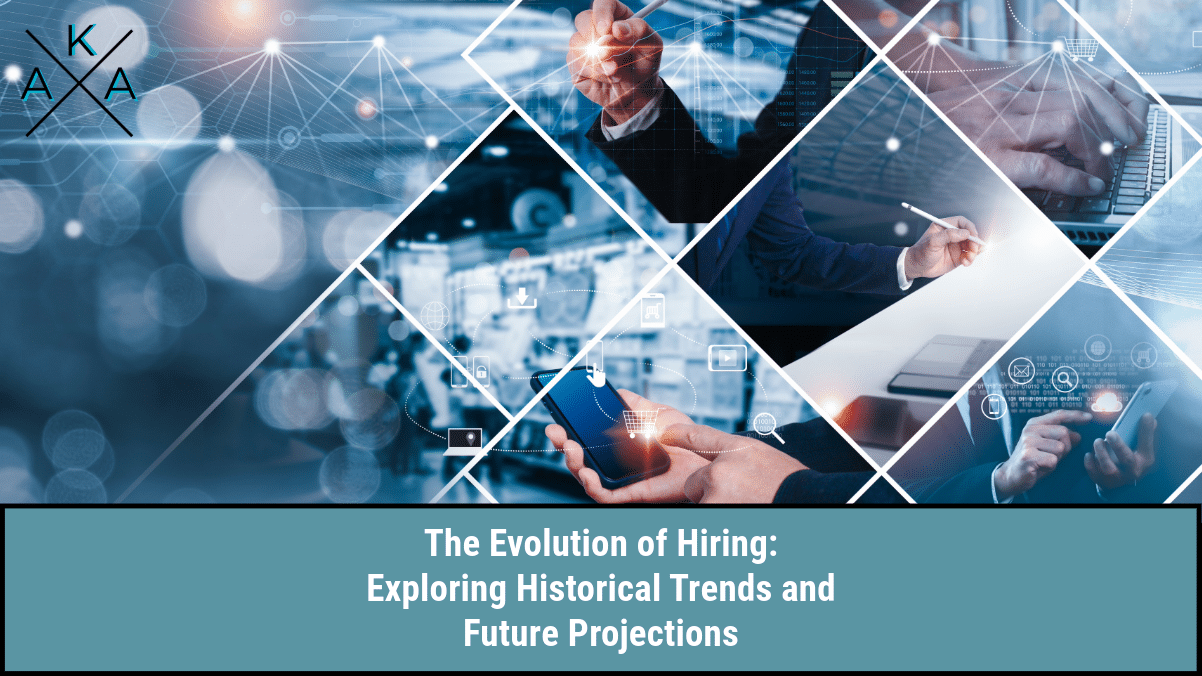From Apprenticeships to Guilds: The Roots of Hiring
Tracing the evolution of hiring unveils a fascinating journey that starts in the heart of ancient civilizations, where the practice was deeply rooted in family traditions, with skills meticulously passed down from one generation to the next. The advent of apprenticeships marked a pivotal chapter, offering young learners the chance to master a trade under the nurturing guidance of seasoned experts. This beautifully orchestrated system played a vital role in safeguarding precious skills, ensuring they flourished within communities. As we meander through history to the Middle Ages, we witness this informal arrangement blossoming into structured guilds. These guilds were not just about regulation; they were the custodians of trade standards and champions of their members’ interests, weaving a rich tapestry of skilled craftsmanship and communal spirit.
Guilds played a crucial role in the job market, controlling who could work in certain professions and setting the quality and price of goods. This early form of hiring was about ensuring quality and maintaining control over professions, which helped stabilize economies and establish reliable trades.
- Mentorship Importance: Emphasized the value of mentorship in transferring knowledge and skills.
- Community-Based Economy: Highlighted how local economies were dependent on the craftsmanship and reliability of guild members.
The Industrial Revolution: A New Era of Hiring
The Industrial Revolution brought about significant changes in hiring practices. The demand for labor skyrocketed as factories and mass production became the norm. This era marked a shift from the traditional, often hereditary, paths to employment, to a more open and competitive job market. Employers sought specific skills and experiences, leading to the birth of job advertisements and employment agencies, which connected workers with employers on a much larger scale than before.
This period also saw the beginning of formal employment contracts and the concept of a career, with individuals starting to work for organizations rather than in family-run or small businesses. The Industrial Revolution laid the foundation for modern hiring practices, with a focus on skills, experience, and the ability to adapt to new industrial technologies.
- Workforce Diversification: Introduced a wider range of occupations and opportunities for different social classes.
- Labor Rights Movement: Sparked the beginning of organized labor movements to improve working conditions and wages.
The Digital Age: Technology Transforming Hiring
The advent of the internet and digital technology revolutionized the hiring process. Online job portals and career websites made it easier for employers to reach a wider audience and for job seekers to find opportunities globally. The digital age also introduced new tools for screening and selecting candidates, such as digital resumes, online assessments, and video interviews, making the hiring process more efficient and far-reaching.
Moreover, social media platforms emerged as a new venue for recruitment, enabling employers to access a vast pool of potential candidates and allowing job seekers to network and showcase their skills. The digital age has made hiring more dynamic and interconnected, with technology continuing to play a pivotal role in shaping how employers and job seekers connect.
- Global Talent Access: Enabled companies to tap into a global talent pool, breaking geographical barriers.
- Privacy and Data Security: Raised concerns about data privacy and the need for secure handling of personal information in the recruitment process.
Future Trends: Navigating the Changing Landscape of Hiring
As we look to the future, hiring is expected to become even more reliant on technology, particularly artificial intelligence (AI) and machine learning. These technologies can enhance the efficiency of the hiring process, from sourcing candidates to conducting preliminary assessments. However, this shift also raises questions about the role of human interaction and judgment in making hiring decisions.
Additionally, the trend towards remote work and global teams is reshaping the hiring landscape, with companies increasingly valuing diversity, adaptability, and digital literacy. The future of hiring will likely emphasize a blend of technical skills and soft skills, such as communication, problem-solving, and emotional intelligence, as these are less susceptible to automation and critical for success in a rapidly evolving work environment.
- Sustainable Employment Practices: Focus on developing sustainable hiring practices that consider environmental and social impacts.
- Lifelong Learning: Emphasizes the need for continuous skill development and training to keep pace with technological advancements.
Conclusion: The Evolving Journey of Hiring
The evolution of hiring is a testament to the adaptability and ingenuity of human societies in response to changing economic and technological landscapes. From the traditional apprenticeships of ancient times to the guilds of the Middle Ages, and from the industrial revolution’s impact on labor markets to the digital transformation of recruitment processes, hiring practices have continuously evolved to meet the needs of both employers and job seekers. As we move forward, the integration of advanced technologies like AI, the globalization of the workforce, and the increasing importance of soft skills and continuous learning will further shape the future of hiring. These trends signify a move towards a more inclusive, efficient, and adaptive hiring process, ensuring that the workforce can meet the demands of tomorrow’s economy. In this journey, the challenge will be to balance the efficiencies brought by technology with the inherent human aspects of recruitment, fostering a job market that is not only dynamic but also equitable and sustainable for future generations.
- Check out our “Strategic Hiring: Job Boards & Recruiter Expertise” blog for more information on helping you significantly enhance your recruitment process.


